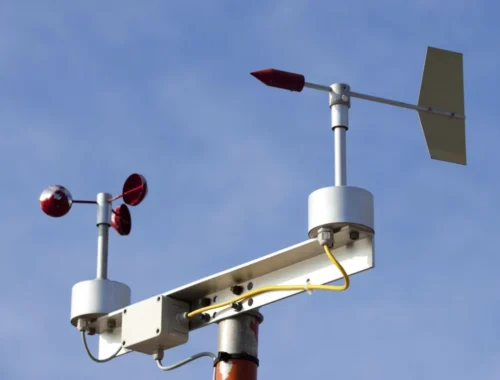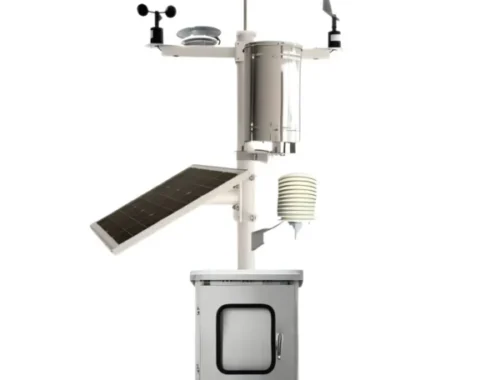US, Japan seen to differ in key areas
Analysts said on Monday that while US President Donald Trump and Japanese Prime Minister Shinzo Abe had pointed to the strength of bilateral ties during Trump’s ongoing visit to Japan, the two nations appear to be diverging on key issues.
At a joint news conference on Monday, the two leaders said both sides had shown their willingness to strengthen their “traditional close ties” and continue to cooper-ate in various fields.
Trump said he and Abe had agreed to cooperate on space exploration. The nations will “be going to the moon and Mars very soon”, Trump said, adding that “from a military standpoint, there is nothing more important right now than space”.
Abe spoke of walking “hand in hand” with the United States on some issues. He said Japan would be making “new investments” in key US states, and he revealed a plan to buy 105 US-made stealth warplanes, giving it the largest F-35 fleet of any US ally.
Trump’s state visit to Japan has been punctuated by ceremonial activities, with the US president meeting Japan’s new Emperor Naruhito and Empress Masako on Monday-making him the first foreign state leader to be received by the monarch, who ascended the throne this month.
Cheng Xiaohe, an associate professor at Renmin University of China’s School of International Studies, said all the planned activities during Trump’s visit, including watching sumo wrestling matches and presenting the “President’s Trophy” to the winner and playing golf with Abe, were a display of Abe and his government’s intention to impress Washington.
“Abe seems to believe that the personal relationship between the leaders is of great significance for influencing relations between Japan and the US. In this case, he must win over Trump the man before he might try to influence his decision-making,” Cheng said.
While the summit appeared to have a friendly atmosphere, many analysts have said Washington and Tokyo are at odds on some issues.
Pang Zhongpeng, an associate researcher at the Chinese Academy of Social Sciences’ Institute of Japan Studies, said that while the two countries have long touted their friendly alliance, it can be seen from the news conference that there are growing gaps between Washington and Tokyo on many issues.
In response to the Democratic People’s Republic of Korea’s recent firing of short-range missiles, Trump said he is not “personally bothered” by the tests.
Abe said that the missile tests violated UN Security Council resolutions and were of “great regret”.
On trade issues, Trump and Abe largely glossed over their differences at the news conference, despite the potentially massive tariffs on foreign autos that Trump is threatening to impose on Japan and the European Union.
Trump declined to say what Japan would have to do to avoid those tariffs but complained of an “unbelievably large” trade imbalance with the nation.
“I think we will be announcing some things probably in August that will be very good for both countries,” Trump said.
Pang, from the Chinese Academy of Social Sciences, said as Washington has maintained an “America first” policy, in issues related to US interests “it is more likely to undermine others’ interests, even at the cost of damaging relations with its traditional allies”, he said.
On the issue of rising tensions between the US and Iran over Washington’s withdrawal from the nuclear deal, Abe said that Japan and the US would work together to try and de-escalate tensions, with Trump, stating that the US is not looking for regime change.
Zhou Yongsheng, a professor at and deputy director of the Japanese Studies Center of China Foreign Affairs University, noted that as one of Iran’s important trading partners, Japan wants to be exempted from US sanctions and continue economic ties with Iran. “But that’s impossible,” Zhou said.
You May Also Like

Sprunki: Unveiling the Mysteries of a Hidden World
March 20, 2025
Anemometer: The Instrument for Measuring Wind Speed
March 20, 2025